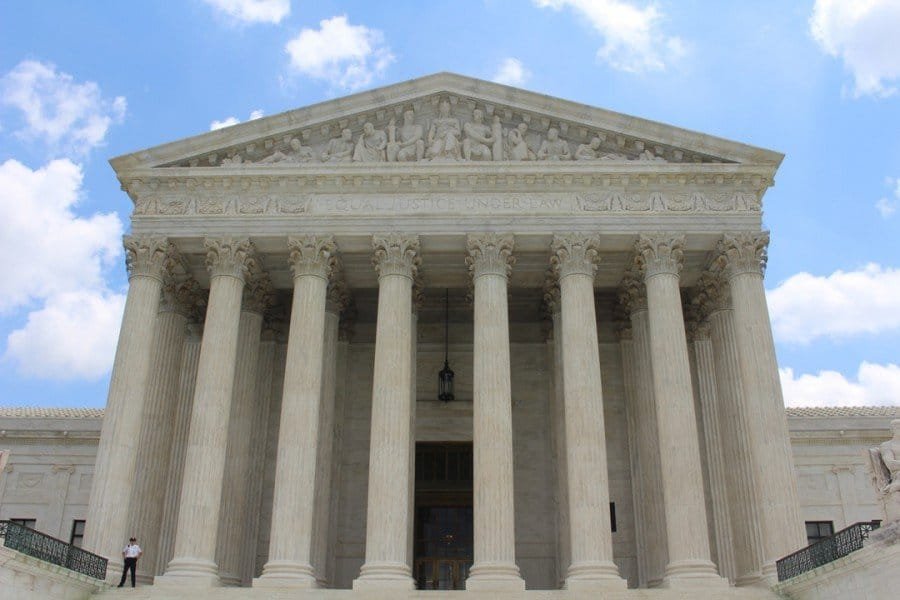An excellent op-ed piece by Judge Alex Kozinski, who sits on the United States Court of Appeals for the Ninth Circuit, appeared in the January 31, 1989 edition of The Wall Street Journal under the headline, “Hunt for Laws’ True Meaning Subverts Justice.” Opposing what he refers to as the “subjectification of the law,” Judge Kozinski says:
“Over the past half-century the idea that the law consists of objective rules has
been supplanted by the view that it is a matter of the subjective intent of those
who promulgate legal instruments.”
Judge Kozinski’s primary target in this article is the erosion of the traditional rule that in interpreting legislation, courts may not look beyond the language of the statute unless the language is ambiguous. Today, Judge Kozinski says, the language is not the “sole, or even the most significant, index of legislative will.” Lawyers and judges, he reports, now routinely engage in a “scavenger hunt” through legislative history (the record of congressional discussions about proposed legislation) to try to patch together the “meaning” of statutes that were crystal clear to begin with. This is a process by which an objectively clear statute can be altered, glossed or totally changed by what a legislator thought it meant (actually, by what the lawyer or judge thinks a legislator thought it meant) before it was enacted—whether that legislator was right or wrong. Indeed, Judge Kozinski tells us, new “legislative intent services” for lawyers brazenly offer to help them “overcome the statute’s ‘plain meaning’.”
Of course, “subjective” statutory interpretation goes hand in hand
with, and often begins with, ambiguous statutory drafting. Vague statutes call for subjective methods of interpretation which, once accepted, are not only applied to clear statutes, but also encourage the passage of further ambiguous statutes. Judge Kozinski suggests one interesting, and totally credible, way in which this relationship works. Legislators know that statutory language can be filled in by legislative history and consequently understand that vagueness in drafting is acceptable. Indeed, they use ambiguity as a “tool of political compromise.” Congressmen who cannot agree on proposed legislation leave statutory language intentionally unclear, conflicts disappear and the legislation gets passed. Both sides can claim victory and can then hope for real victory in the courts by “sprinkling the record with contradictory snippets of legislative history.”
All of this, of course, is heaven on earth for those who, in Judge Kozinski’s words, assert that “drawing precise lines would be bad in that it would allow people to stay clear of the law.” These are the power hungry who wish to make arbitrary decisions about what the law is and who should be punished.
When objective rules of interpretation are forsworn and non-objective laws are sanctioned, determination of what is legally permissible becomes impossible and the law is up for grabs.
Copyright © The Association for Objective Law. All rights reserved. Republished in Capitalism Magazine by permission of TAFOL.










